This peaceful Italian mountain town is just one hour from Venice – but completely crowd-free
If planning a Venetian break, consider adding another delightful dimension to your trip and explore nearby, writes Ben West. With overtourism an issue, now is the best time to seek out the peaceful town of Asolo
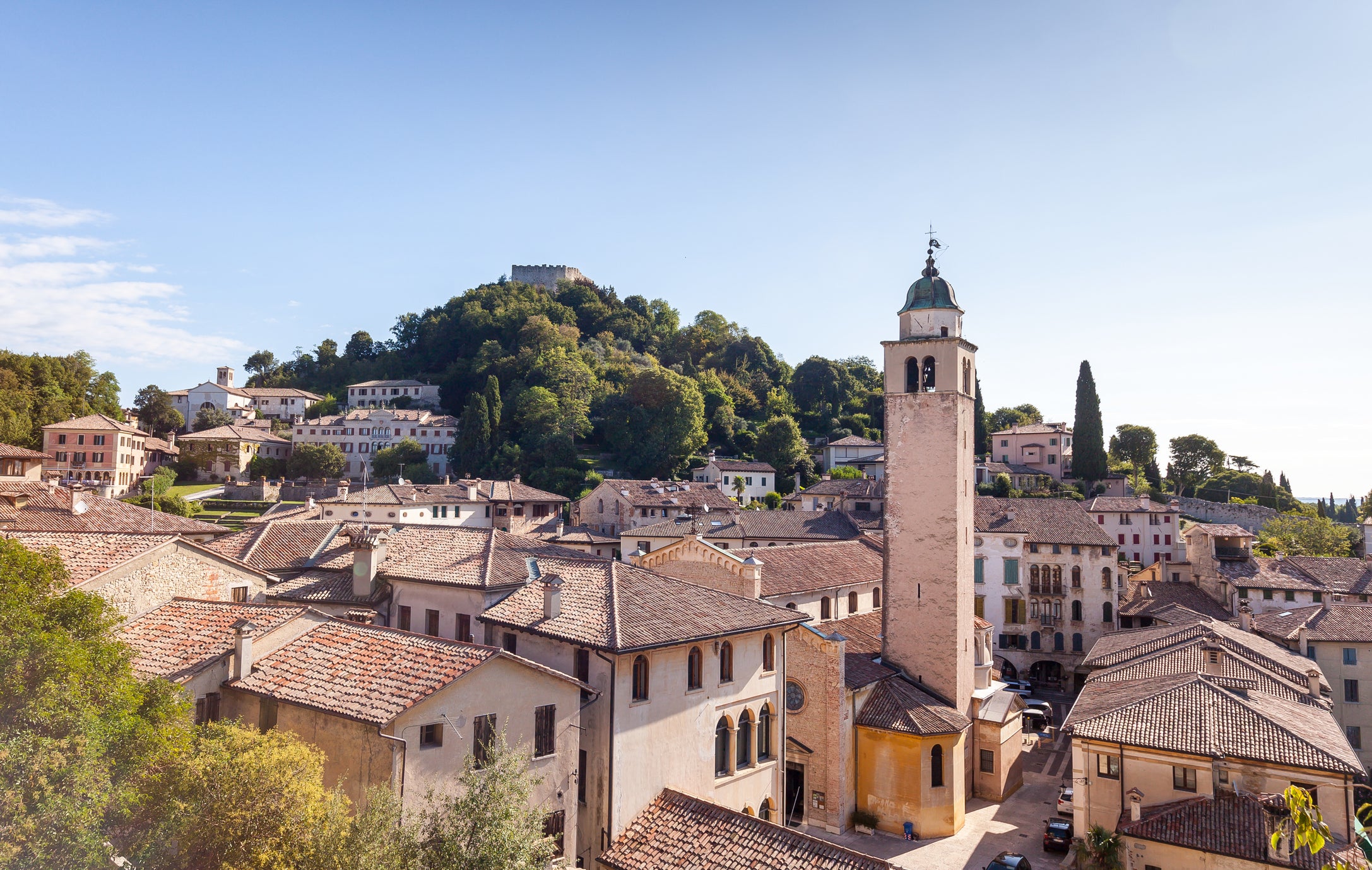
Your support helps us to tell the story
From reproductive rights to climate change to Big Tech, The Independent is on the ground when the story is developing. Whether it's investigating the financials of Elon Musk's pro-Trump PAC or producing our latest documentary, 'The A Word', which shines a light on the American women fighting for reproductive rights, we know how important it is to parse out the facts from the messaging.
At such a critical moment in US history, we need reporters on the ground. Your donation allows us to keep sending journalists to speak to both sides of the story.
The Independent is trusted by Americans across the entire political spectrum. And unlike many other quality news outlets, we choose not to lock Americans out of our reporting and analysis with paywalls. We believe quality journalism should be available to everyone, paid for by those who can afford it.
Your support makes all the difference.Venice is gorgeous. The problem is everyone else in the world seems to think so too. In recent years, its issues with overtourism have become so desperate that it has introduced an entrance fee for day trippers in an effort to reduce visitor numbers.
So a day or two of complete contrast – a trip to a tranquil, traditional Italian town stuffed with cultural treasures, and where tourists are a rarity – can add another delightful dimension to a Venetian break.
The beautiful medieval town of Asolo, 40 miles from Venice, takes less than an hour to reach if you go by car and has previous when it comes to admirers. Prominent Victorian poet and playwright Robert Browning, Italian actor Eleonora Duse, and celebrated explorer and travel writer Freya Stark, who died and is buried in the town, no less.
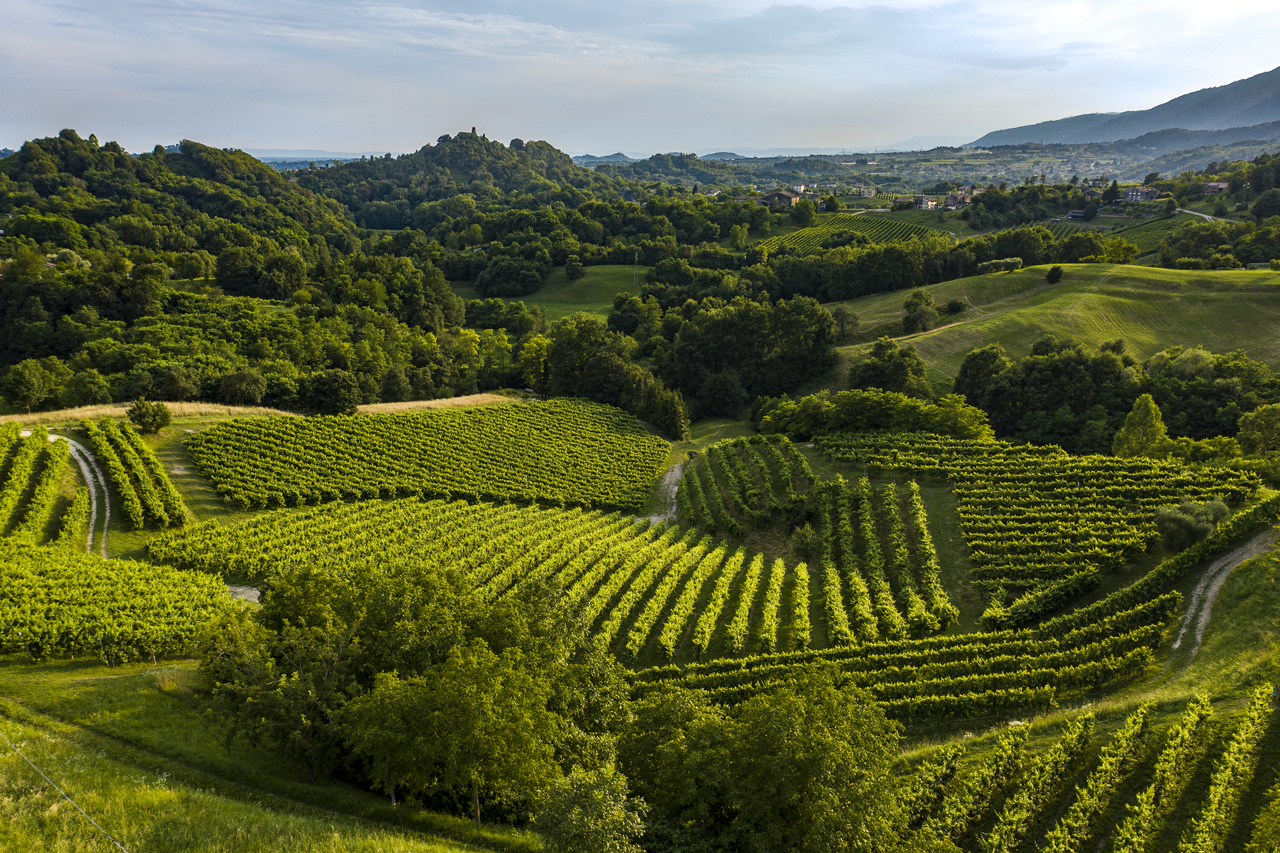
Browning was so entranced by Asolo that he set his 1841 verse drama Pippa Passes here and his last collection of poems, Asolando, was named after the town. He clearly made quite an impression: the main drag is named after him.
What’s so delightful about this place is that it has not overly changed since Browning’s day, and there’s a real absence of chain stores, fast-food outlets and shops selling tourist tat that you so commonly see elsewhere. Instead, there are winding cobbled streets, beautiful Renaissance villas and pleasant little cafes for watching the world go by.
And watch the world go by I certainly did, at Caffe Centrale (where the locals once plotted to overthrow Napoleon) and at Gilda Patisserie Bistrot. Both are on the main square, Piazza Garibaldi, which overlooks the cathedral and the Civic Museum. It’s a pretty spot, surrounded by aged and frescoed buildings and a fountain topped by a Venetian winged lion.
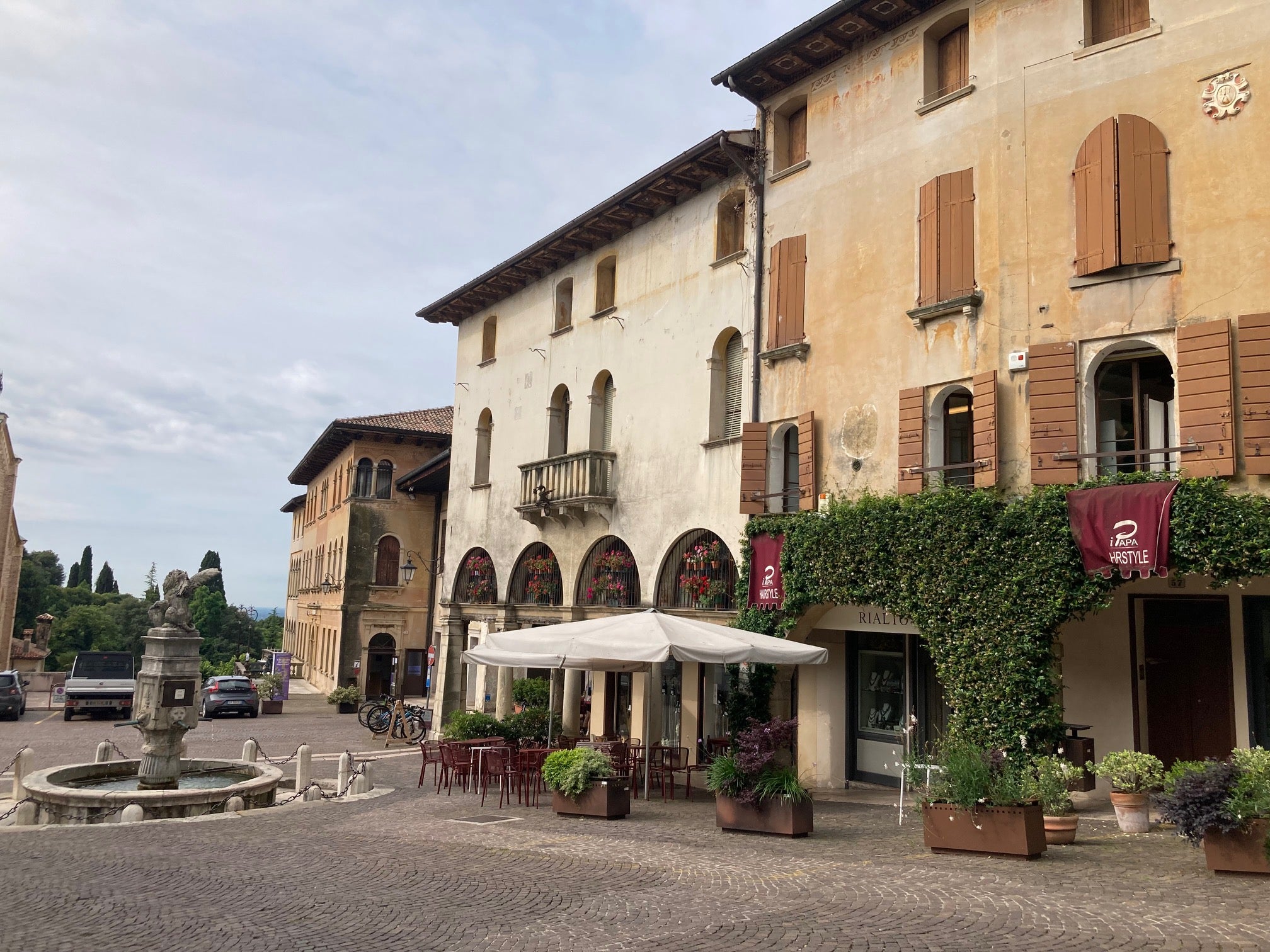
Read more: Escape Amalfi’s tourist trail with this hidden gem
The museum’s collection includes archaeological findings, paintings, and sections devoted to Duse, Stark and the 15th century Caterina Cornaro, the last monarch of the Kingdom of Cyprus, who was forced to abdicate by the Venetians and given the castle and town of Asolo in return.
During my stay, on one day the tranquility in the main square was suddenly demolished when a guy sporting slick sunglasses in a Porsche repeatedly revved his engine loudly, to ensure he didn’t pass through the town unnoticed; two women in their seventies walked by, their hair dyed a vivid straw colour, another with luminous fake tan stopping just before her ears.
I saw students run through the streets pushing carts, practising for a traditional racing event in the town a few days later. There was also an ornate wedding at the cathedral, an impressive building with altarpieces by Lorenzo Lotto and Jacopo da Ponte.
Asolo is known as the “pearl of Treviso” and the “town of a hundred horizons”, and indeed, there are stunning views all around. Asolo’s Civic Tower, which is part of the ancient Queen Caterina Cornaro castle, boasts a 360-degree panorama stretching from the fortress above the town, the Rocca di Asolo, to the mighty Monte Grappa.
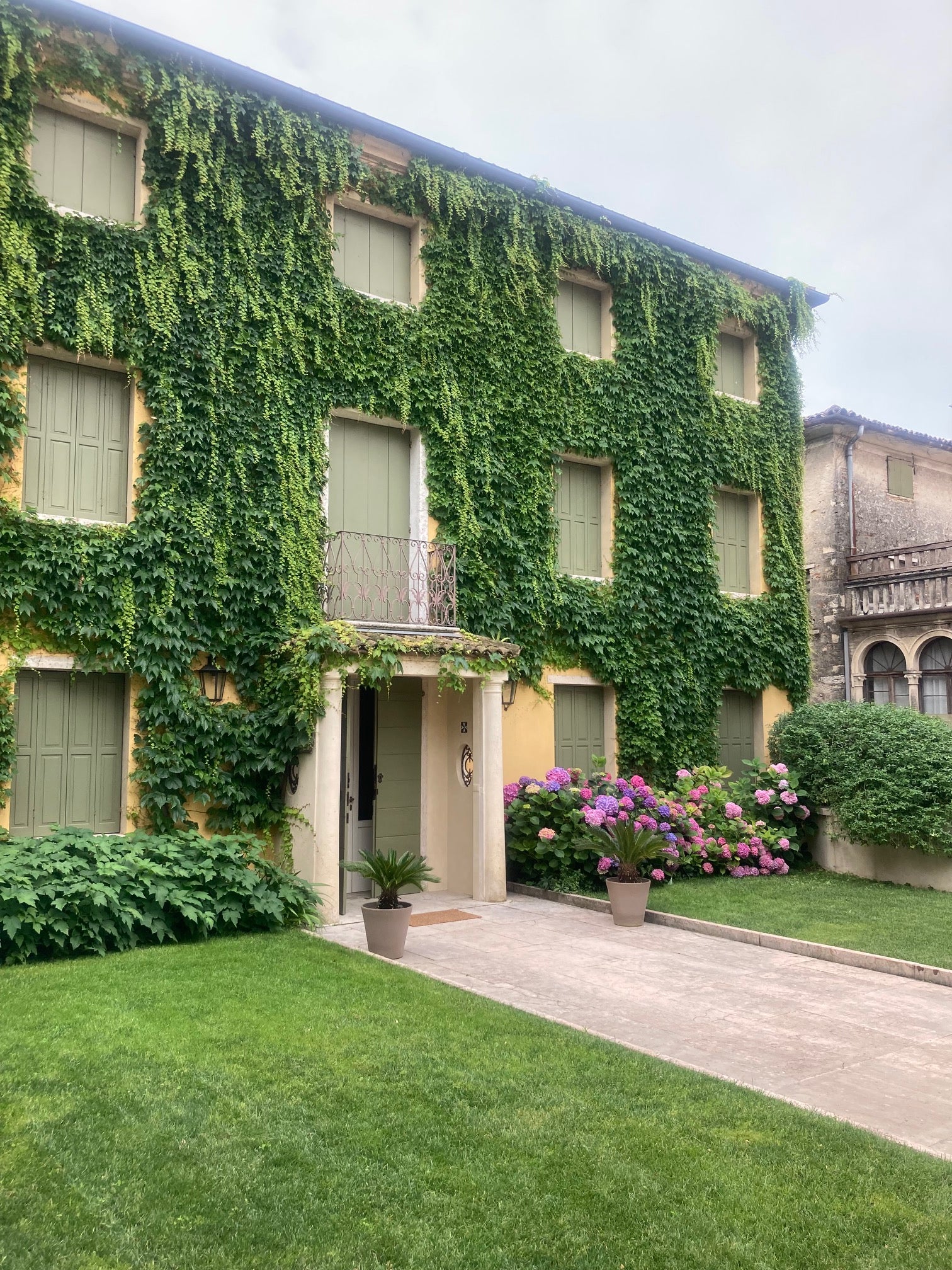
Read more:The charming Lake Como town where Italians go to escape the crowds
An exploration of the gardens of Villa Freya, an elegant house Stark lived in after it was given to her by her friend, photographer Herbert Young, is a pleasant diversion. They contain the archaeological remains of a Roman theatre. Contact Villa Freya for access.
An excellent trattoria choice is Due Mori, which as well as delicious creations cooked using a wood-burning stove, has wonderful views of the hills beyond from its terrace and huge window in the dining room.
Asolo is located in the heart of the prosecco region of Italy, and several wineries can be visited. Among them is Progress Country and Wine House. Surrounded by vineyards and olive trees, it bills itself as a “wine resort”. As well as producing organic olive oil, two prosecco labels and a red wine, it has nine attractive suites available to stay in, as well as tastings and tours of the vineyards.
On a rather bigger scale and centred around a magnificent Palladian mansion dating from 1622 is Villa Sandi, where three generations of the Moretti Polegato family have been producing wines. At a tasting, I try different vintages and styles, produced with differing fermentation times, some in oak barrels and some not, and am amazed at the subtleties of taste and bouquet.
The tasting ends any thoughts I may have had that prosecco is an unsophisticated wine, no more than a poor man’s version of champagne, which has become a widespread view in the UK following the prosecco popularity explosion around 15 years ago. Indeed, in response to the global demand for the wine, the area in which the grapes can be grown has been expanded and there are now 433 viticulturists in the region.
At another local producer, boutique winery Tenuta Baron, I find its owner, Domenico Baron, with a glass of prosecco in his hand. He is surveying the 10 hectares of vineyards that surround him, as the warm sun is retreating for the night. It’s a blissful scene and he looks relaxed. Yet the winery today is the result of more than 40 years of work, including building a cellar into the hill.
As I join him for a glass, I reflect on what a beautiful, unspoilt, tranquil corner of Italy I’ve discovered, that really conjures a past era that is increasingly difficult to find, both in Italy and elsewhere in Europe.
Read more: Why you should wait until winter to visit Venice
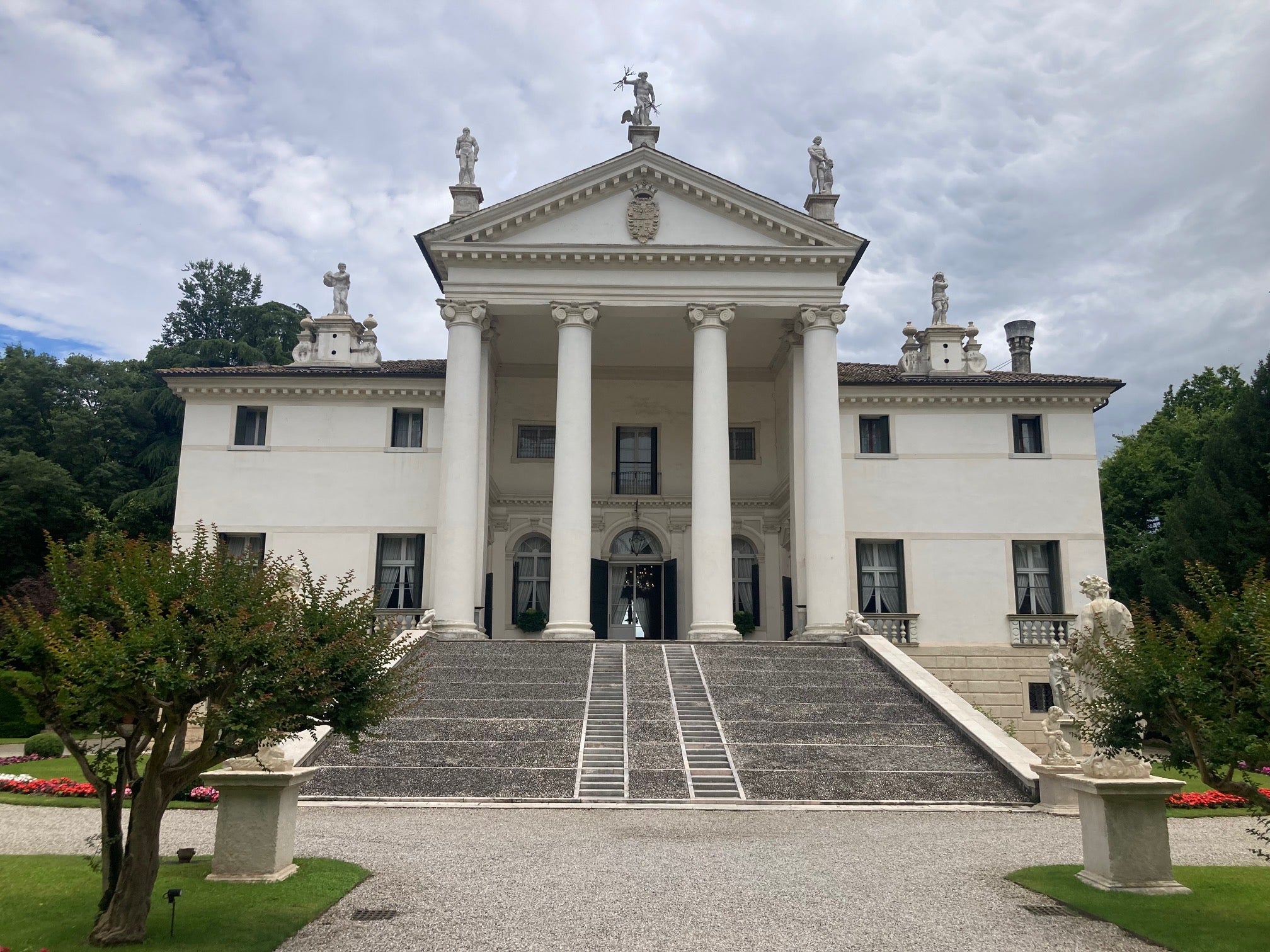
How to get there
It takes around 55 minutes to drive from Venice. Alternatively, take a train from Venezia Santa Lucia, Venice’s main station, to Treviso Centrale (30 minutes) then a 112 or 113 bus from Treviso to Asolo (just over an hour). The bus is operated by Mobilita di Marca. The bus stops at Ca’ Vescovo at the foot of the hill Asolo stands upon. If you don’t want to walk from here to the town, there’s a shuttle bus run by De Zen, or take a taxi for the last leg.
Where to stay
Hotel Asolo
Three-star Hotel Asolo, originally an 18th-century farmhouse, has plain but comfortable rooms.
Villa Cipriani
Behind Villa Cipriani’s elegant 18th-century facade are 28 rooms with features like exposed beams, parquet floors, flowered tiles, an infinity pool, wellness centre and a good restaurant. Robert Browning briefly lived here.
Hotel Duse
Homely and right on the main square, Hotel Duse offers simple, traditional, good-value rooms.
Read more: Where to visit in Sicily – the best places for beaches, architecture and Italian charm
Join our commenting forum
Join thought-provoking conversations, follow other Independent readers and see their replies
Comments